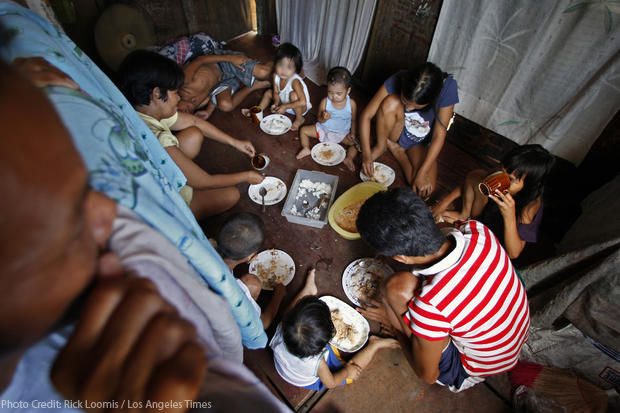Sen. Bam: Poor Filipinos are collateral damage of TRAIN and Build-Build-Build
Senator Bam Aquino urged the government to put the welfare of poor Filipinos first, instead of letting them become collateral damage of the Tax Reform for Acceleration and Inclusion (TRAIN) Law.
”Hindi puwedeng collateral damage ang ating mga kababayan sa hangarin na magkaroon ng maraming tulay at kalsada sa bansa. Habang mahalaga ang infrastructure projects, huwag nating hayaang magdusa ang mahihirap na kababayan natin,” said Sen. Bam, one of four senators who voted against the ratification of the TRAIN Act.
Sen. Bam was reacting to Department of Finance’s claim that funds for free college education and salary hike of uniformed personnel will be affected if the TRAIN Act is suspended.
The senator said the government should balance statistics with the welfare of Filipino families carrying the burden of high prices of goods and services due to the TRAIN Law.
“Ang problema, kapag puro numero ang tinitingnan, nakakalimutan ang mamamayan. Pakinggan naman natin ang hinaing ng mga nasasagasaan ang TRAIN Law,” said Sen. Bam, also the principal sponsor of the free college law in the Senate.
“Napakatindi na ng pag-aray ng ating mga kababayan sa pagtaas ng presyo ng bilihin,” he added.
Sen. Bam said the DOF’s pronouncement was baseless since the government has an unobligated appropriations amounting to P390 billion in the 2017 national budget.
“Malinaw na may pera ang pamahalaan kaya maling sabihin na hindi mapopondohan ang libreng kolehiyo. Huwag ipagkait sa mga estudyante ang libreng kolehiyo,” said Sen. Bam.
Sen. Bam recently filed a measure seeking to suspend the TRAIN Law, particularly the excise tax on fuel, once inflation rate breaches the prescribed “target range.”
In Sen. Bam’s Senate Bill No. 1798, the excise tax on fuel under TRAIN will be suspended when the average inflation rate surpasses the annual inflation target over a three-month period.
During the TRAIN’s deliberation, senators approved Sen. Bam’s amendment to include a safeguard where the implementation of TRAIN Law will be stopped once inflation rate breaches the “target range.”
However, the provision was not included in the bicameral conference committee and the approved version of the measure.

Recent Comments